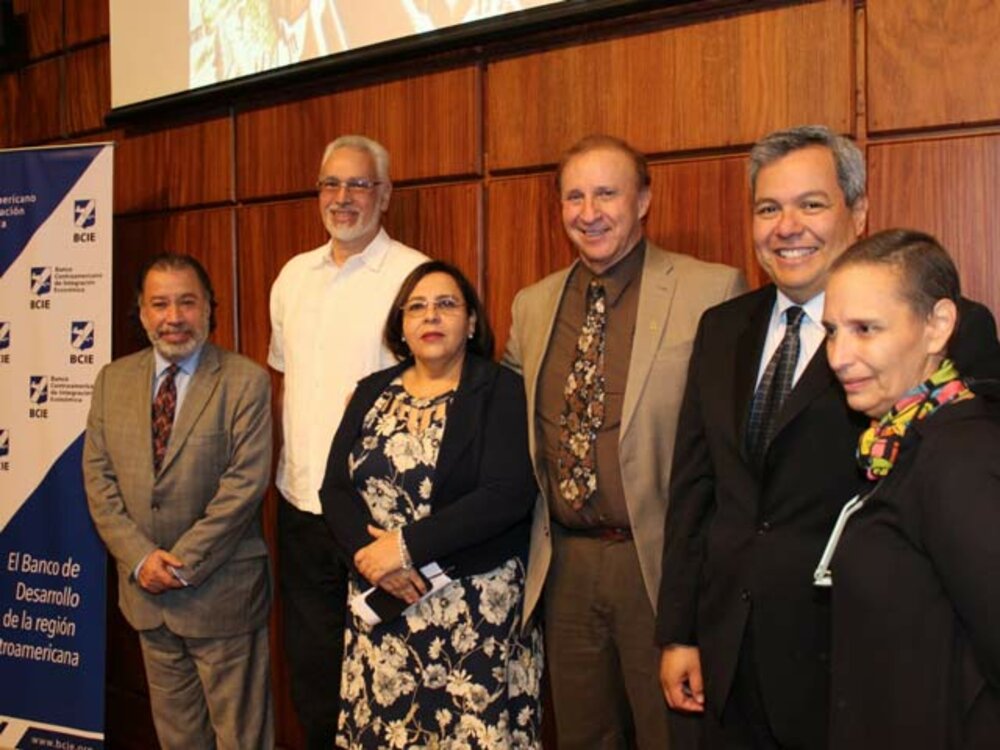Discussion on scientific research at El Mirador Basin

The meeting had the participation of three distinguished panelists.
Tegucigalpa, February 27, 2019.- "The Mirador-Calakmul basin" in Petén, Guatemala is more than an environmental marvel; it is also the cradle of one of the largest ancient societies in the world; and home to many of the most booming Mayan cities with an impressive ancient architecture, among other cultural remains.
In order to generate knowledge and awareness on the importance of this cultural sanctuary for humanity and strengthen an economic model of "ecotourism" in the world, the Museum for National Identity coordinated the discussion denominated, "40 years of scientific research at El Mirador basin: An extraordinary future for Central America;" the event was sponsored by the Central American Bank for Economic Integration (CABEI).
Event panelists included US archaeologist Richard Hansen, Honduran archaeologist Ricardo Agurcia, who is known for his research in the Copán Ruins, and Dr. Carmen Julia Fajardo, coordinator of the anthropology major at the National Autonomous University of Honduras.
Regarding this unprecedented research at a global level, US archaeologist and specialist in Mayan civilization, Dr. Richard D. Hansen, spoke about progress in the research carried out by the Foundation for Anthropological Research and Environmental Studies during 40 years of exploration in the El Mirador Basin in Petén Guatemala.
For his part, CABEI Executive President, Dr. Dante Mossi, commented that through this initiative CABEI seeks to promote spaces for reflection and analysis, collaborating with research and academia in order to develop the Central American region.
He added that as part of its environmental and social management, the Bank assumes its commitment to the communities of the region by promoting actions that foster knowledge, values and experiences in order to promote environmentally friendly and sustainable initiatives.
At the event’s closing ceremony, all those involved recognized the historical and environmental importance of the Mirador-Calakmul basin, while taking notice of its current condition, as it is under serious threat of looting, poaching, logging, extreme poverty, deforestation and organized crime and it is necessary to create effective and permanent conservation procedures that will ensure the protection and preservation of this unique treasure of humanity.






